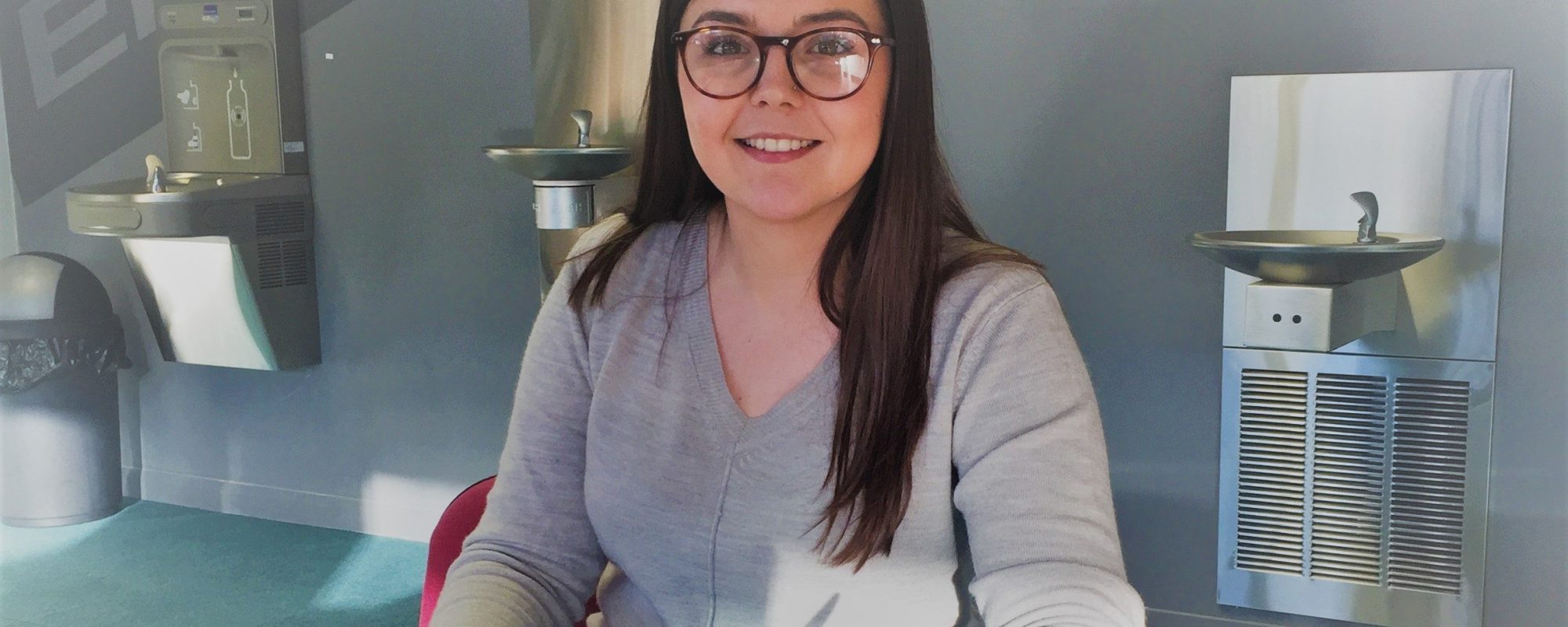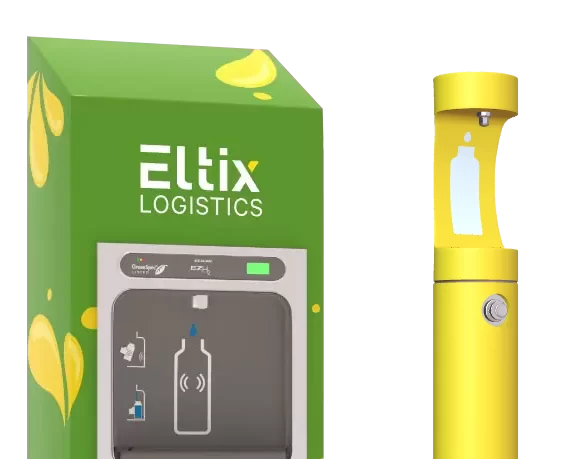 13th Dec 2017 by MIW Water Coolers
13th Dec 2017 by MIW Water Coolers
Newcastle University Shining Star
This article has been written & researched by Ruby, these are her words and views.
UK adults use nearly 7.7 billion single-use plastic water bottles each year – that’s around 150 per person – and to me, the numbers don’t need to be so high.
Studying physical geography at Newcastle University I’ve been lectured and seen hands-on, the devastating effects of plastic pollution. From the coasts of South-East Asia to the River Ouseburn plastic waste is all too common. Stumbling across an advertisement for a Sustainability Project Officer at MIW Water Cooler Experts I knew what I felt a necessity to achieve for my final year of my undergraduate degree, and without hesitation applied for the role!
I am a determined person with a real passion and ambition for positive change. Growing up in the armed forces I learnt from my dad at a young age that willpower could prospect a person both academically and on a personal level. I took his advice to take every opportunity that was presented to me and held this throughout my childhood growing up in places such as Borneo, Gibraltar and Germany. Through my childhood experiences being passionate about real-life situations are what, I believe, prompted me to become a youth volunteer within the Gambia from the age of 15. Helping communities and schools I learnt the value of living and the simple things in life that we all sometimes take for granted. With a profound love of being around the environment within my school years I took on the challenge of completing my Gold Duke of Edinburgh Award; something I was determined to do. I learnt all too well the hardships of organisation and working within a team under stressful conditions. Holding such lessons that I learnt throughout my 3 years of volunteering and during my week completing DofE, I decided in my final year of school that a path into physical geography was where I wanted to be.
Nowadays, I immerse myself in modules of Global Water Resources and have even focused my dissertation on the effects of rising sea levels, partially contributed by anthropogenic causes, along with the Northumberland Coast. On a normal day of university, I create maps using airborne and terrestrial remote sensing techniques focusing on areas affected by flooding and seismic activity and include these in various reports all contributing to my degree. I knew when I applied as the role of a #OneLess Warrior that the hands-on impact that I could make on plastic waste reduction is everything I needed to apply my academic knowledge into something I was passionate about.
With Annesa and myself working to raise awareness and promote the profile of the #OneLess project, we are hoping to bring our passion and concerns for the environment as a driving force to succeed in our efforts to reduce plastic waste. The race is on to prevent plastic in the ocean outweighing fish by 2050, and our fight is on to turn the tides of this global issue.











